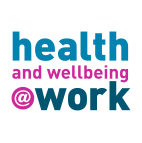 The subsidised rate for the Health and Wellbeing at Work conference on 5-6 March 2019 at the NEC is available until 15 January 2019 at £40 (plus VAT) for both days.
The subsidised rate for the Health and Wellbeing at Work conference on 5-6 March 2019 at the NEC is available until 15 January 2019 at £40 (plus VAT) for both days.
The conference is all about improving the health and wellbeing of work-aged people and aims to provide new ideas and resources to help ensure employees are engaged and motivated, healthy, return to work quickly following absence and stay in work. Profiling national developments, service innovations, examples of best practice and the latest research, it provides an unrivalled learning platform that is designed to energise and inspire.…
Read more of this article

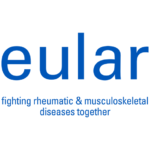
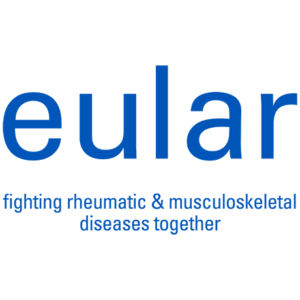 One strategy, a learning management system, five recommendations, 12 campaign sponsorships and a first – and a tenth – anniversary
One strategy, a learning management system, five recommendations, 12 campaign sponsorships and a first – and a tenth – anniversary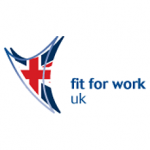
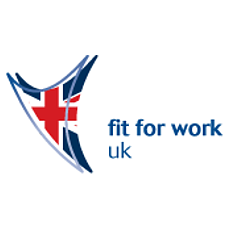
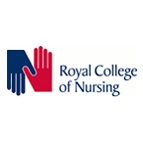
 During the last 12 months, the RCN Rheumatology Forum (RCNRF) has held two strategy meetings: one on 20 March 2018 and (a self-funded one) on the 28 November 2019, during which the following items were discussed and agreed.
During the last 12 months, the RCN Rheumatology Forum (RCNRF) has held two strategy meetings: one on 20 March 2018 and (a self-funded one) on the 28 November 2019, during which the following items were discussed and agreed.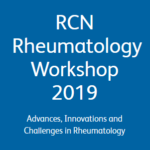
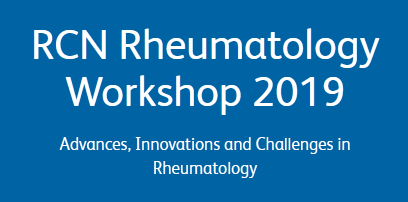 The RCN Rheumatology Forum will hold their annual Rheumatology Nursing Workshop in London at the RCN HQ, on 28 June 2019.
The RCN Rheumatology Forum will hold their annual Rheumatology Nursing Workshop in London at the RCN HQ, on 28 June 2019.
 by Sarah Duncan, Head of Clinical Policy, NHS England
by Sarah Duncan, Head of Clinical Policy, NHS England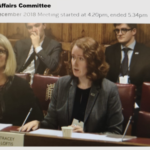
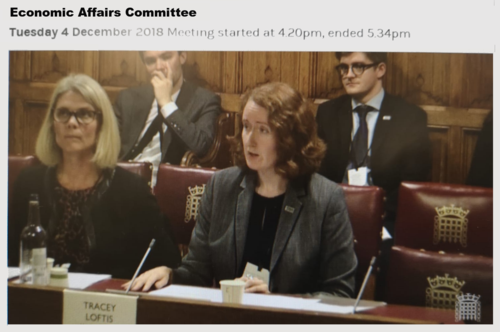

 BSRM are interested in understanding the variability between UK clinicians in the use of single dose local anaesthetics in intra-articular injections. Clinicians are invited to complete this 2-3 min survey at:
BSRM are interested in understanding the variability between UK clinicians in the use of single dose local anaesthetics in intra-articular injections. Clinicians are invited to complete this 2-3 min survey at:


 November has been a very active month for ARMA. Not just in the sense that we are doing a lot but also that a lot of it has been about physical activity, which seems to be exciting and uniting the MSK community.
November has been a very active month for ARMA. Not just in the sense that we are doing a lot but also that a lot of it has been about physical activity, which seems to be exciting and uniting the MSK community.